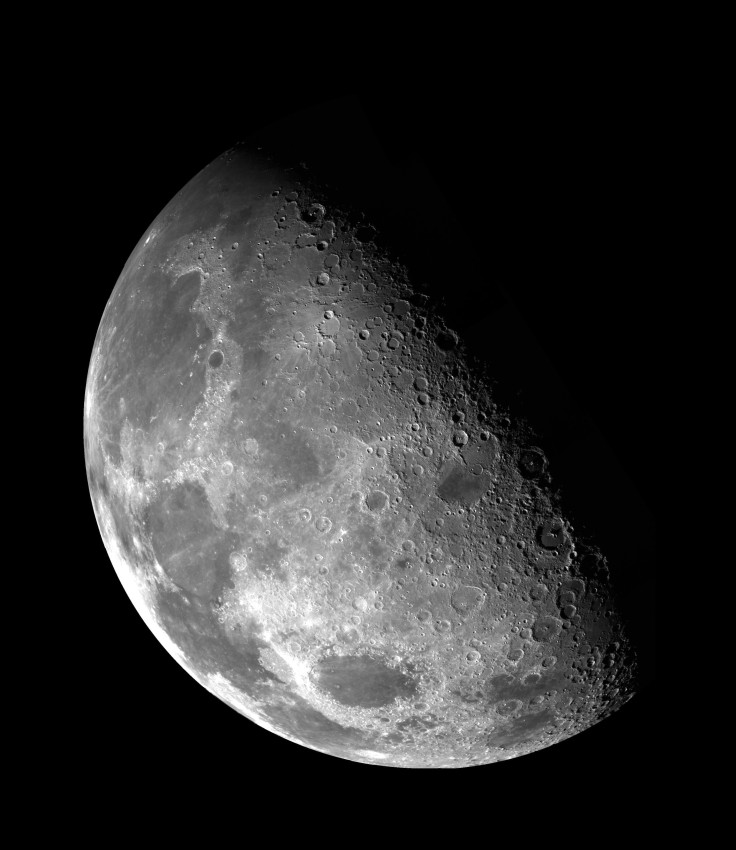Next Moon Landing: Will Japan Join The US In Sending Astronauts To The Moon?

Japan wants to send a human to the moon by the end of the next decade, a move that would double the number of nations that have touched its surface.
While Japan is one of a handful of countries that have sent unmanned machines to the moon, the United States remains the only nation to have astronauts to walk around. According to a report from Agence France-Presse, the Japan Aerospace Exploration Agency wants to put a person on the moon by 2030. After first helping on a mission, of which NASA is a part, to build a space station in the lunar orbit in 2025 and hopefully then getting a spot for one of its astronauts aboard the station, Japan would send someone from that orbit and onto the moon.
Read: These Tiny Moons Cut Holes in Saturn’s Rings
As AFP points out, NASA and other space agencies around the world want to get humans to Mars by the 2030s. That would mean those groups could be setting a higher bar just a few years after Japan finally makes it to the lunar surface.
Although NASA has its sights set on a mission to Mars — and the space station in the moon’s orbit would be a step toward landing on the Red Planet — Japan is not the only country focusing first closer to home.
Even though China also has dreams of sending a human beyond, to Earth’s planetary neighbor, that Japanese neighbor recently started a year-long simulation of a lunar space colony to help prepare for a potential long-term trip to the moon.
In its quest to catch up to the U.S. and other space-faring nations, it has also been working toward a manned space station orbiting Earth. So far, China has an uncrewed lab in orbit and has managed to dock a cargo ship to it. The Chinese have also launched their first X-ray telescope into space as a method of studying black holes and gravitational waves.
Toward its goal of going to Mars, China has unveiled plans to send a probe and a rover to that planet in the next few years.
Other countries are also making their first steps into space, including New Zealand. An American-based company called Rocket Lab, which is led by a New Zealander, has developed a lightweight rocket dubbed Electron that it hopes to use to launch cargo about once a week. It marks the South Pacific island nation’s first foray into outer space, even though it is a private effort as opposed to one led by a government space authority.
Read: This Moon Looks Like an Alien Saucer
In addition to its idea of a moon landing, and as another element in the worldwide effort to explore the Martian system, Japan has been working on a potential partnership with France to send a space probe to Phobos, the bigger of Mars’ two moons. That probe might launch in 2024 and bring samples back to Earth as a way to better understand Phobos’ origin — it’s debated whether the moon is actually an asteroid that got swept up into orbit around Mars.
Unless another mission beats the Phobos probe to the punch, the samples it would bring back would be the only extraterrestrial ones gathered and delivered back here, other than the ones taken from Earth’s moon over the decades.
© Copyright IBTimes 2025. All rights reserved.




















